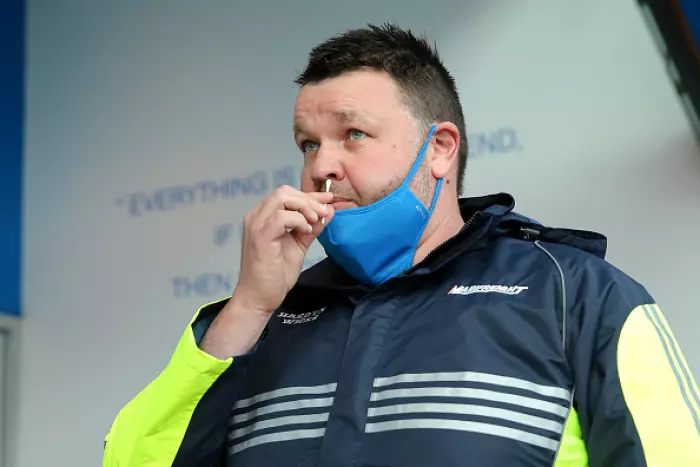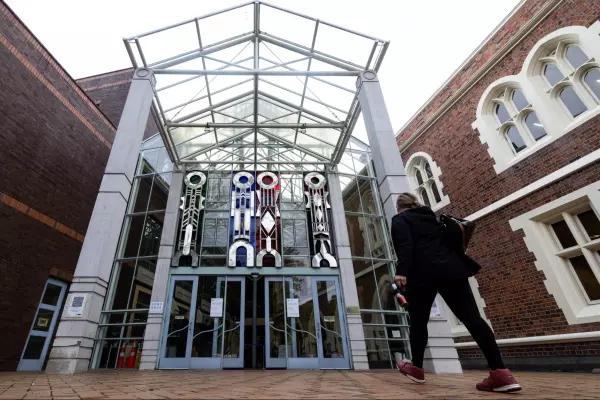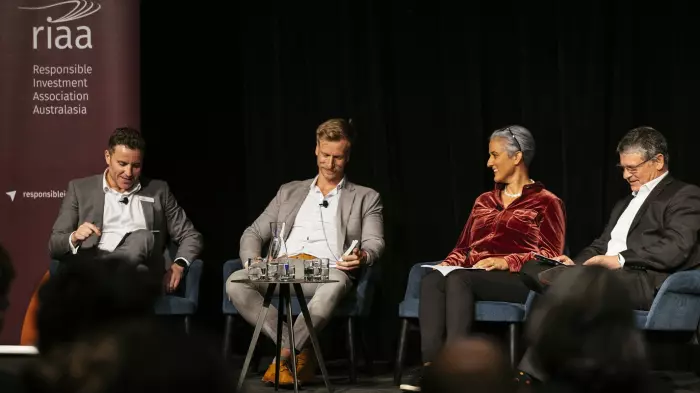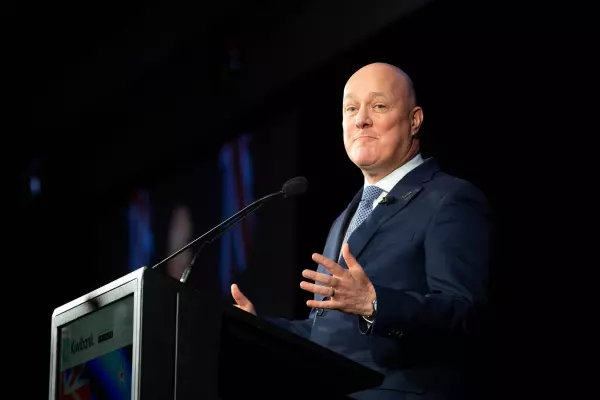The government has announced a scheme for critical workers who are close contacts of omicron cases to immediately go back to work if they return a negative rapid antigen test (RAT).
The government also released guidelines for people in any industry who work alone or have the capacity to do so, to continue to operate as a “bubble of one”.
The close contact exemption scheme will apply when the country enters Phase 2 of the omicron response. Businesses will first have to register online as a critical service to participate.
Included among the government’s critical service list are food production and its supply chain, health and emergency services, power and water supplies, transport, critical financial services, news media, social welfare and animal health and welfare.
The government said the scheme would be supported by the supply of RATs provided by either the employer or through the health system “in an easy and accessible way”.
Businesses can begin registering today and will self-assess against criteria to join the scheme.
Any workers identified for the scheme will need to be vaccinated and are expected to remain in isolation outside of work hours.
If at any point they return a positive test they will need to take a PCR test and isolate completely.
Severe strain
Covid response minister Chris Hipkins said overseas experience has shown high rates of omicron alongside isolation periods for contacts put severe strain on supply chains and the provision of essential services.
“The government for weeks has been working with industry bodies and critical services to set up a workable scheme that gives their workers an exemption from close contact isolation requirements, if they return daily negative tests,” said Hipkins.
Associate minister of health Ayesha Verrall warned the scheme wasn’t without some risk, pointing out that rapid antigen testing was only about 80% accurate.
“This may mean they have someone onsite who has covid-19 and could infect other workers, which could further compromise business operations,” she said.
In addition to the exemption scheme the government also confirmed the rules for workers in any industry who operate alone.
Hipkins said the rules would mean farmers and sole traders such as plumbers who operate out of their own space and work alone could continue to do that as long as they are vaccinated and remain symptom free.
The Council of Trade Unions welcomed the requirement for businesses to register if they want to continue to operate as a critical service.
President Richard Wagstaff said it would expect responsible employers to consider carefully before they opt-in to this programme.
“The use of rapid antigen tests as a means of allowing workers to return to work should only be undertaken for genuinely critical roles. Workplaces should not seek to increase the level of risk that workers contact covid-19 unnecessarily.”
He also said it also a high bar for workers considered to be in a bubble of one.
“Ensuring workers’ health and safety should be the priority in any workplace, and this announcement makes clear that normal health and safety law will continue to apply.”
But the Act party said the government needed to provide clarity.
Leader David Seymour said there was no logic to the critical workforce rules.
“The reality is, every worker and business is essential, and if businesses had been allowed to import or purchase rapid antigen tests, we wouldn’t need Wellington bureaucrats to micromanage them,” he said.
"Some will miss out and workers won’t get tested if they’re not designated as a critical worker.”
More information including how to apply can be found here.
This article has been updated













